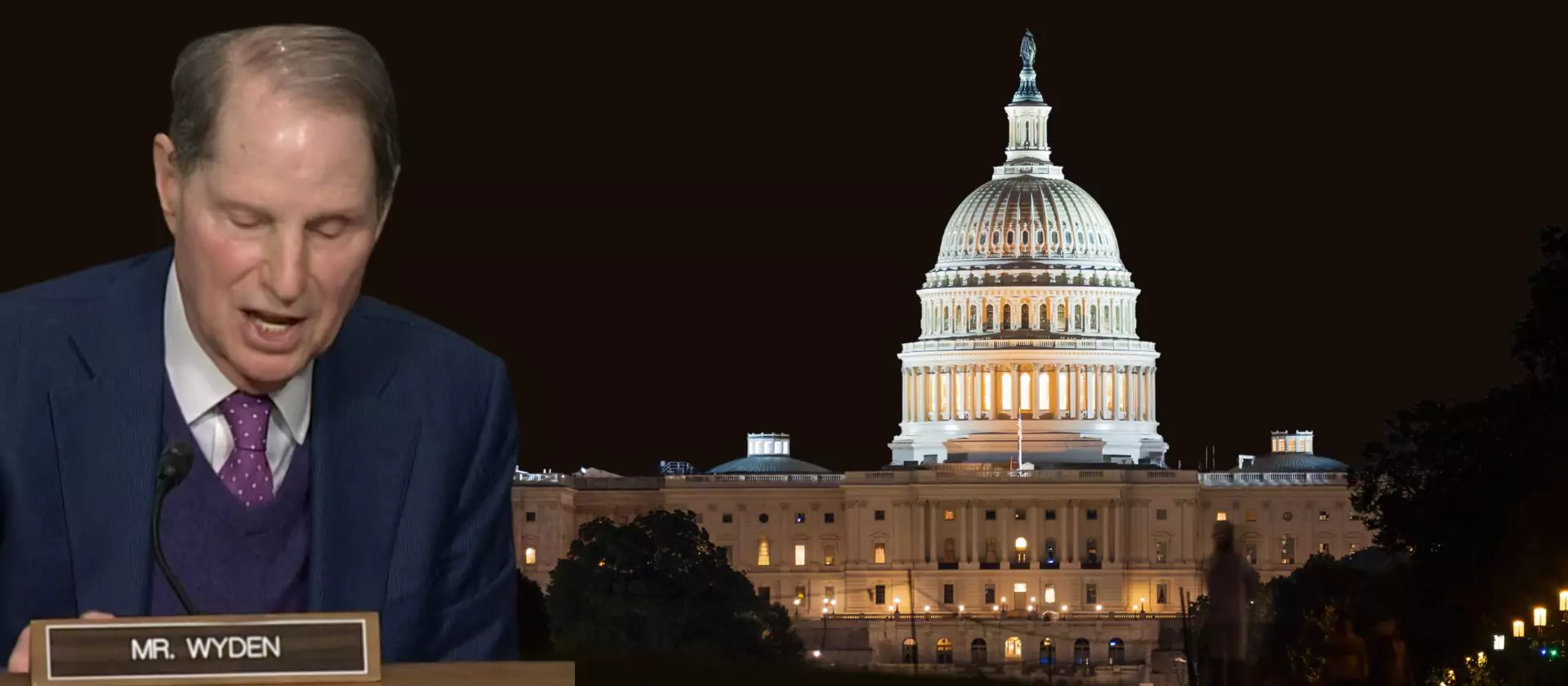Chair Grayber, Vice-Chairs Elmer and Munoz, and Members of the Committee,
My name is Kathy Lara, Policy Analyst for the Oregon Center for Public Policy, and I respectfully submit this testimony in support of House Bill 3838 on behalf of the Center. The Oregon Center for Public Policy is a nonpartisan think tank that uses research and analysis to improve the economic outcomes for all Oregonians, especially for those struggling to make ends meet.
Oregon relies on the essential work of direct care workers. The state has approximately 48,000 direct care workers, many of whom provide care in home and community-based settings. This workforce provides vital care to both older adults and people with disabilities. Although this workforce provides a crucial service to our communities, low wages and lack of benefits have led to a crisis in recruitment and retention. By 2030, Oregon will need to hire nearly 65,000 direct care workers to meet growing demand.
HB 3838 brings direct care workers and industry together. The bill creates a board that brings workers, employers, individuals who receive care services, and government representatives together to collaborate and develop solutions. By studying the sector’s unique challenges, the board would set reasonable standards on such things as staffing, training, compensation and other workplace conditions. With multiple stakeholders at the table, the board would produce decisions that take into account multiple perspectives and create practical, sustainable solutions for the industry.
HB 3838 stands on proven models that address industry challenges. Workforce standards boards are not a new concept. Other states have successfully implemented them in different industries. And some have used this model to address the challenges in the health care industry:
- Colorado Direct Care Workforce Stabilization Board: Established in 2023, the Colorado Direct Care Workforce Stabilization Board develops recommendations for minimum employment standards for direct care workers. In September 2024, the board recommended increasing wages to $25 per hour by 2026.
- Minnesota Nursing Home Workforce Standards Board: Created in 2023, the Minnesota Nursing Home Workforce Standards Board sets rules regarding wages, training, and other working conditions. It established rules for wages, holiday pay and worker training in 2024.
- Nevada Home Care Employment Standards Board: Formed in 2021, the Nevada Home Care Employment Standards Board was responsible for investigating wages, working conditions, and compliance with labor laws for home care workers. The board recommendations persuaded lawmakers to increase Medicaid reimbursement rates and wages to $16 per hour in 2024.
HB 3838 creates a lasting structure for home and community-based care standards. HB 3838 requires a comprehensive review of the industry every two years. This means that workers, employers, and those that receive care services can meet regularly to address industry challenges.
HB 3838 levels the playing field for businesses. Industry-wide standard setting helps high-road businesses. HB 3838 ensures that employers compete on a fair playing field by operating under similar labor standards and costs, rather than undercutting wages and benefits to gain an advantage.
HB 3838 can improve pay and working conditions for Oregon’s direct care workers. As workers who allow older adults and people with disabilities to live with dignity, it’s time that Oregon give these workers a voice at the table. By ensuring industry-wide improvements, HB 3838 would help make Oregon’s economy more fair and equitable.
We urge you to support HB 3838.





